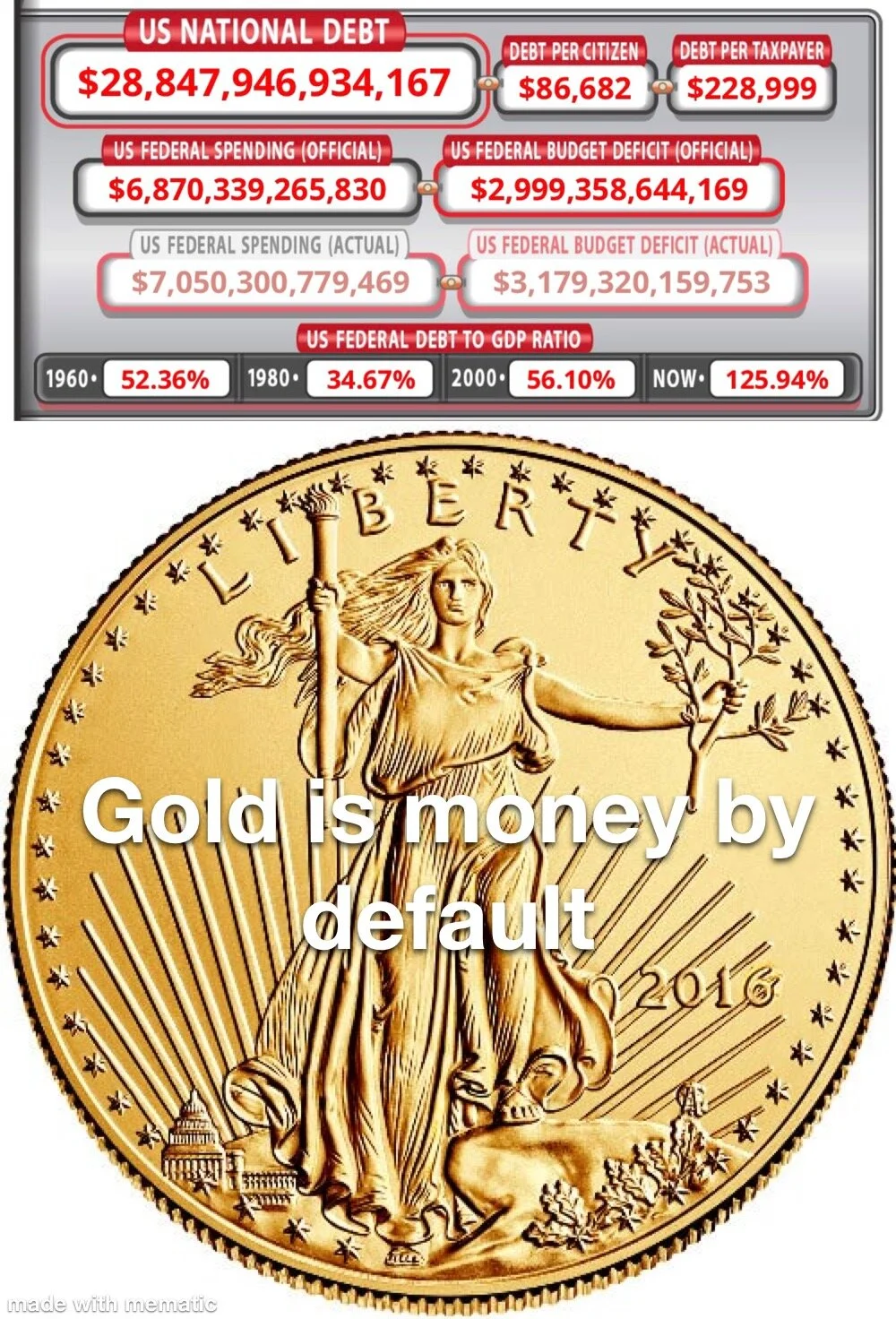Ponzi Schemes
According to dictionary.com, a Ponzi scheme is,[1]
“[A] fraudulent investment operation that pays quick returns to initial contributors using money from subsequent contributors rather than profit.”
Ponzi schemes were named after Charles Ponzi who was an Italian immigrant to the USA.
The Smithsonian Magazine notes,[2]
“Many of these computer-savvy crooks have taken their cue from an Italian immigrant named Charles Ponzi, a dapper, five-foot-two-inch rogue who in 1920 raked in an estimated $15 million in eight months by persuading tens of thousands of Bostonians that he had unlocked the secret to easy wealth. Ponzi's meteoric success at swindling was so remarkable that his name became attached to the method he employed, which was nothing more than the age-old game of borrowing from Peter to pay Paul. The rules are simple: money taken from today's investors is used to pay off debts to yesterday's investors.”
Ponzi schemes still exist today. For example, yesterday, October 6, 2021, President Joe Biden said,[3]
“The United States pays its bill. It’s who we are. It’s who we’ve been. It’s who we’re going to continue to be, God willing. That’s what’s called the ‘full faith and credit of the United States.’
Let’s be clear: Raising the debt limit is paying our old debts. It has nothing to do with new spending or what may be coming this year or other years. It has nothing to do with my plans on infrastructure or building back better, both of which are paid for but they’re not even in — in the queue right now.”
The United States’ redistributive economy is the age-old game of borrowing from Peter to pay Paul.
“The U.S. has always paid its bills on time, but the overwhelming consensus among economists and Treasury officials of both parties is that failing to raise the debt limit would produce widespread economic catastrophe. In a matter of days, millions of Americans could be strapped for cash. We could see indefinite delays in critical payments. Nearly 50 million seniors could stop receiving Social Security checks for a time. Troops could go unpaid. Millions of families who rely on the monthly child tax credit could see delays. America, in short, would default on its obligations.” -US Treasury Secretary Janet Yellen, former chairman of the Fed (2014-2018), in opinion piece written for the Wall Street Journal, Sept 19, 2021
Perhaps that is why Federal Reserve economist, Jeremy B Rudd, had this comment hidden in his second footnote on page one of his Sept 23rd, 2021 publication, entitled, Why Do We Think That Inflation Expectations Matter for Inflation? (And Should We?),[4]
“I leave aside the deeper concern that the primary role of mainstream economics in our society is to provide an apologetics for a criminally oppressive, unsustainable, and unjust social order.”
[1]https://www.dictionary.com/browse/ponzi--scheme
[2]https://www.smithsonianmag.com/history/in-ponzi-we-trust-64016168/
[4]https://www.federalreserve.gov/econres/feds/files/2021062pap.pdf



